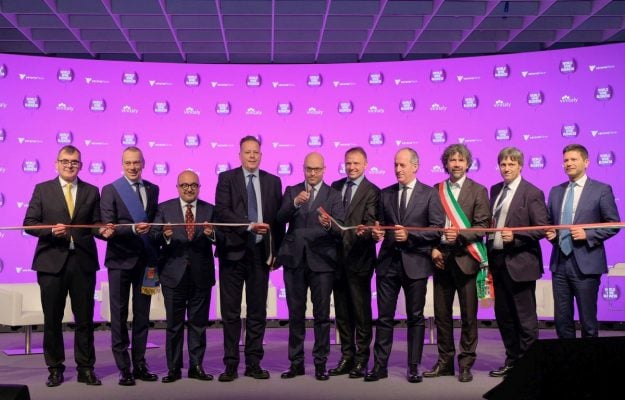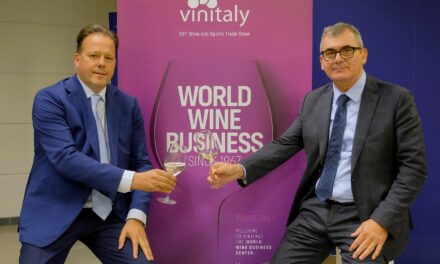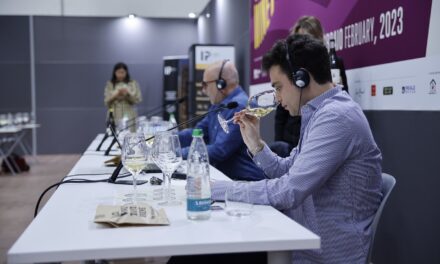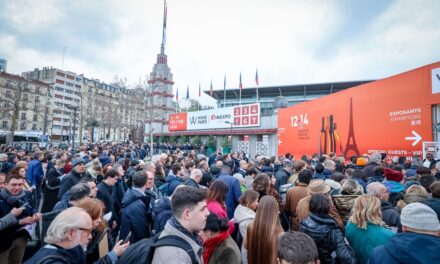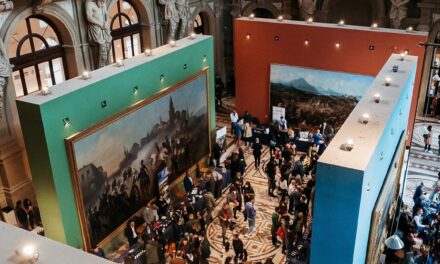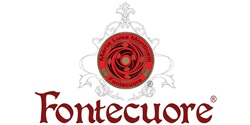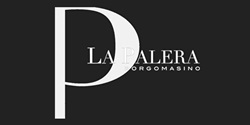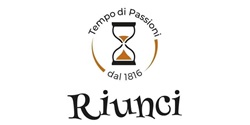VERONA – The wine industry “invoices” over 31 billion euros, originating from vineyards with a net worth of 56.4 billion euros, spread across 674,000 hectares of vineyards that punctuate mountain terraces, gentle hills, plains, and slopes running towards the sea in every Italian region. This industry is represented by more than 4,000 producers gathered at “Vinitaly 2023,” a trade fair in Verona that, until April 5th, is the “largest wine embassy in the world.” Wine is an identifying and cultural element of Italy as a whole, driving the entire agri-food export sector (with a value of almost 8 billion euros in 2022), and at the center of a reconstruction of the “pride of being Italian,” which focuses on organizing all that represents excellence, quality, and culture. This is depicted by the metaphorical plasticity of the two “Bacchus” figures, Caravaggio’s Bacchus and Guido Reni’s “Young Bacchus,” brought to “Vinitaly” and displayed together for the first time in an “ideal toast” to all the wine of the Bel Paese. Messages and phrases were launched at the opening of “Vinitaly” by Veronafiere’s top management, President Federico Bricolo and CEO Maurizio Danese, and by many authorities on stage, starting with the Minister of Agriculture, Francesco Lollobrigida, who strongly influenced the 55th edition of the most important Italian wine fair in the world, and the Minister of Culture, Gennaio Sangiuliano, an “appetizer,” or rather an “aperitif,” of the Government’s visit in the coming days, from the confirmed presence of Prime Minister Giorgia Meloni tomorrow to that of several ministers as announced multiple times in recent days. Present at a “grand Vinitaly, showcasing all the potential of Verona,” said the President of the Chamber, Lorenzo Fontana, for which the Mayor of Verona, Damiano Tommasi, thanked the fair and the producers.
“There are many authorities, diplomats, industry representatives, and companies,” said Veronafiere President Federico Bricolo, “an important signal for the wine world and for ‘Vinitaly,’ which aims to increasingly focus on this business aspect, for which the new Board of Directors has worked hard, listening to exhibitors and buyers. We have done an enormous amount of work on buyers from the USA, China, and the Far East, who have returned en masse after the COVID stoppage. It’s an important signal for those who believe in us. ‘Vinitaly’ is the most important Italian wine fair, capable of reaching an audience of 4 billion worldwide.”
First and foremost, thanks to the producers, as the President of the Veneto Region, Luca Zaia, recalled, emphasizing the primacy of a region that, thanks to its wines, “accounts for 36% of Italian exports, and with 2.8 billion euros, is the fourth largest power in the world in terms of value, after France, Italy, and Spain, and before Chile and Australia. But we must look to the future, which also means sustainability, and for this reason, it is essential to authorize resistant grape varieties even in denomination wines.”
To keep the wine flourishing, as the Minister of Culture Gennaro Sangiuliano said, “wine is a strong element of Italian identity, predating the birth of the unitary state. Wine, like culture. And by bringing Caravaggio and Guido Reni’s works to ‘Vinitaly,’ two universal masters, art historians tell me that we have done something important and never done before because the two ‘Bacchus’ figures had never been together. And showing how two such important masters have measured themselves against wine and Bacchus tells us how much wine is part of our identity. Combining wine, agriculture, and culture is essential: Lollobrigida and I are working hard together because we believe in the Italian System and want to regain the pride of being Italian.”
This is also achieved by working on more effective, unified, and synergistic promotion, as Veronafiere President Federico Bricolo said, strongly supported by ICE and Simest, as presidents Matteo Zoppas and Pasquale Salzano recalled, in support of wine that, as Veronafiere CEO Maurizio Danese said, “for every point of its export, within two years, pulls 0.8 for the rest of the agri-food sector.”
Closing the opening of “Vinitaly,” the “deus ex machina” of many initiatives and the presence of the Government, the Minister of Agriculture, Francesco Lollobrigida, said: “Mario Soldati wrote that wine is to the soul what water is to the body, the perfect synthesis of what wine is. A benefit for the soul must be defended because it means defending work, territory, well-being, and quality. Verona and ‘Vinitaly’ are excellence, points of reference, in a region, Veneto, which objectively moves faster than the others, but we must align ourselves because nothing is stronger than the united Italian brand. We must work as a system, not just the government or institutions, but also Italians who go abroad, who know the quality of our products and can be their ambassadors. Having brought great art here – Lollobrigida said – is a source of pride, but above all, it is the involvement of the Agricultural Institutes, with more than 300 students present. The future of agriculture is entrusted to them.”
In Italy, immigrants play a significant role, as was pointed out. “In Italy, there is a need for legal immigration, and the first enemy is illegal immigration, and the Italy of rules must say this first of all. Then, the flows must be organized seriously, not as in recent years,” Lollobrigida continued, “by providing training, with and in the countries of origin: technical, civic, and cultural training, to truly integrate. However, we must also say that foreign labor is needed when domestic labor is not enough, and I say this to those who want a basic income without doing anything and who should not think that working in agriculture is demeaning. And consequently, thinking of immigrants as workers to be exploited is not the model of Italy we want. An Italy,” Lollobrigida concluded, “that must understand that competition is not between neighbors and regions but in the world, playing as a team.”
In closing, the “Vinitaly International Award” was also presented to Josef Schuller, former chairman of the Institute of Master of Wine and founder and director of the Austrian Wine Academy, to Marco Simonit, “vine master pruner” and promoter of the Simonit & Sirch method used by the most important wineries in Italy and the world, and to Riccardo Cotarella, president of Assoenologi and the Union Internationale des Oenologues. “I dedicate this award to all Italian producers for their strength and professionalism,” said Cotarella, “but also to all winemakers for their ability to bring out the best from the land, that quality that was waiting to emerge, illuminated by our science. Winemakers and producers are an inseparable combination.”

